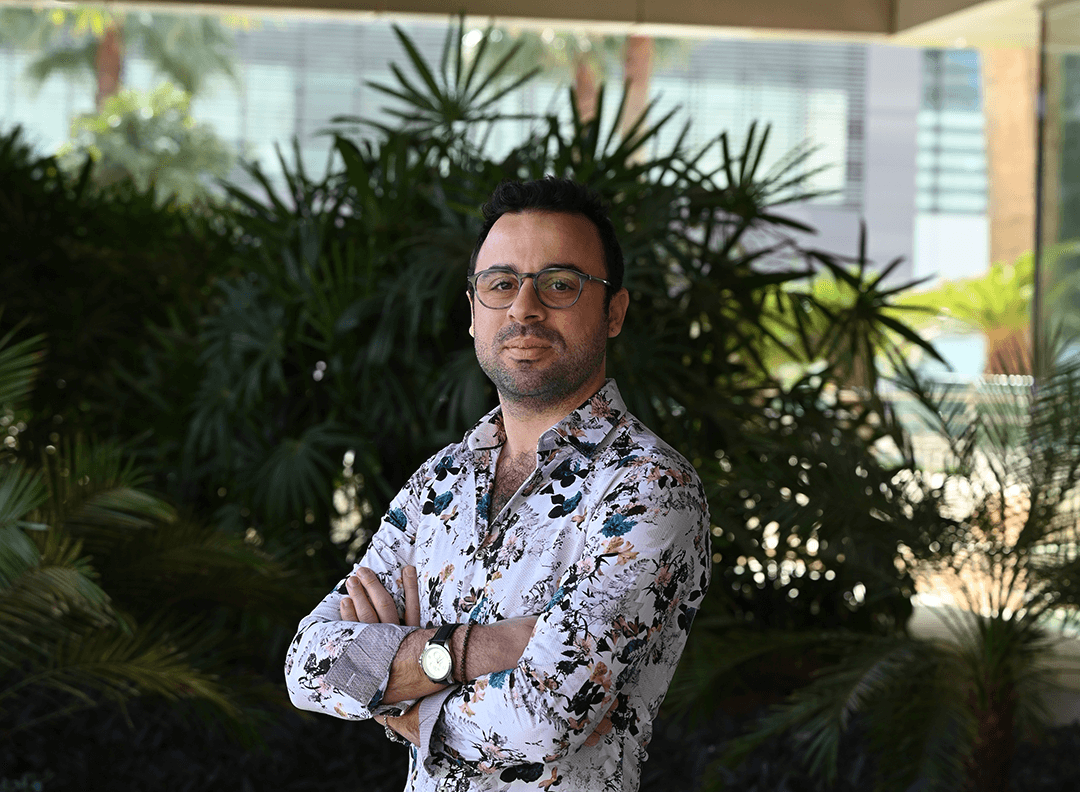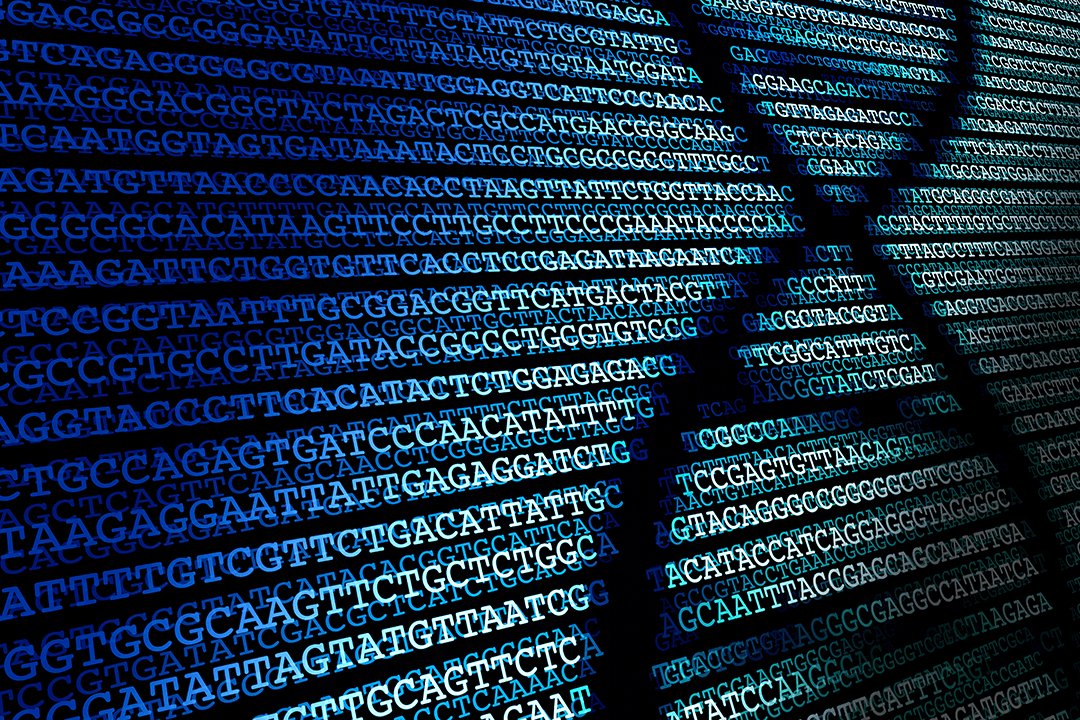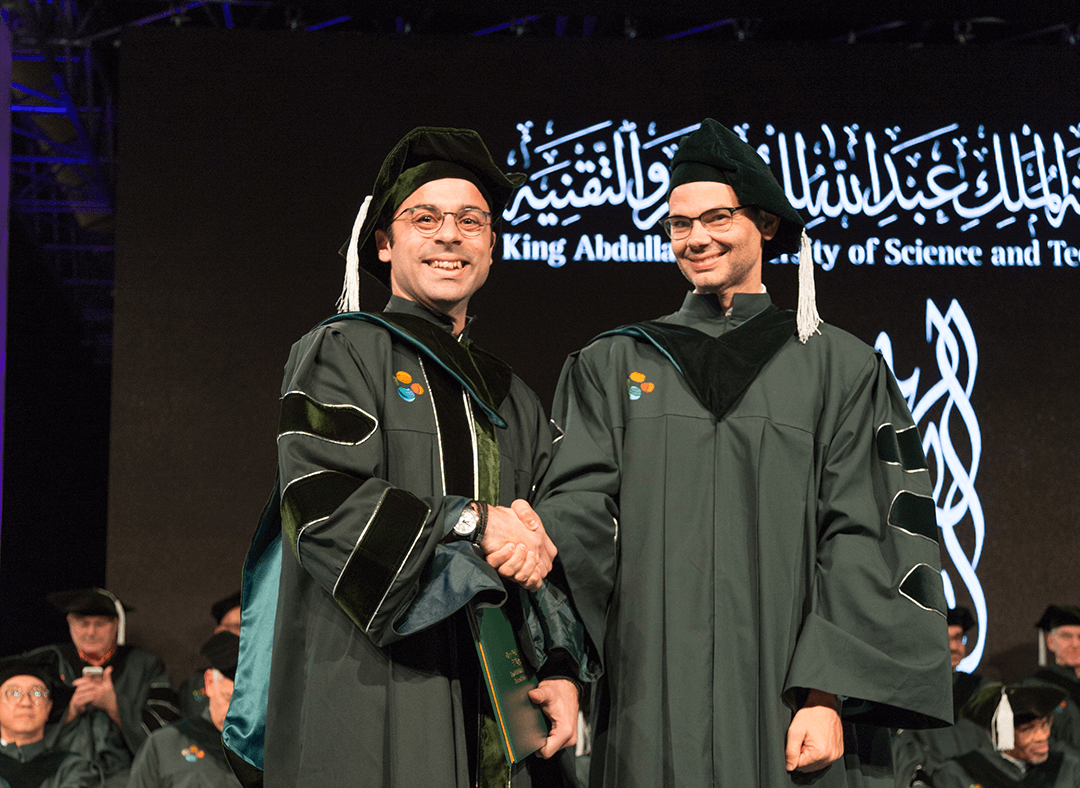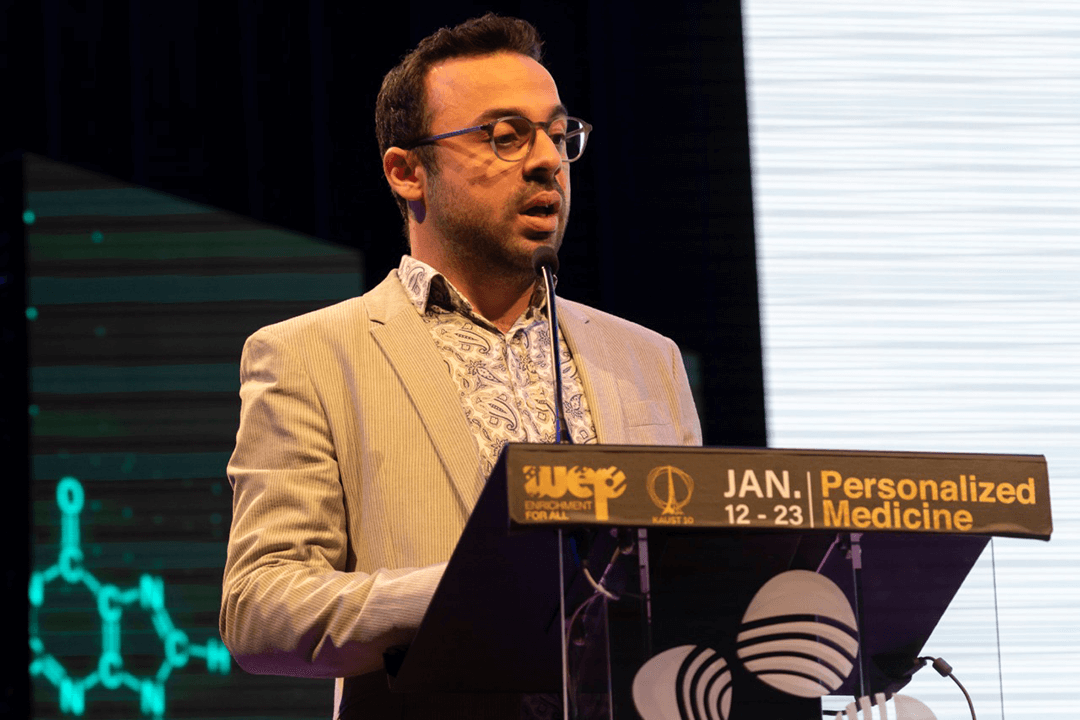Alumni Focus: Dimitrios Kleftogiannis

KAUST alumnus Dimitrios Kleftogiannis (Ph.D. ’16) currently works at the University of Bergen, Norway, where he uses bioinformatics tools to study cancer. Image courtesy of KAUST Alumni Affairs. Photo by Hugh Gyetvai.
By Catherine Owen, Alumni Affairs
KAUST alumnus Dimitrios Kleftogiannis (Ph.D. '16, computer science) is a scientist studying cancer whose enthusiasm for his current research is infectious.
"It's all about saving lives!" he said.
In his current position as a cancer researcher in at the Department of Informatics and the Centre for Cancer Biomarkers at the University of Bergen, Norway, Kleftogiannis spends his days using bioinformatics to investigate liquid biopsies for cancer research.
In cancer diagnosis and treatment up till recently, biopsies would be taken through an operation or with a needle—and both may be invasive and painful. Liquid biopsies, however, are as simple as having a blood test, and they also make it easier to detect cancer earlier. Since cancer can be treated better the sooner it is diagnosed, liquid biopsies could be a game changer.
Liquid biopsies also provide valuable information to help an oncology team decide on more precise treatments for patients battling cancer. However, liquid biopsies are currently expensive and tend to only be offered to patients undergoing clinical trials. The good news is that there are companies starting to offer them.
"Cancer is a very complex disease [that] changes all the time," Kleftogiannis explained. "Since cancer mutates the genome, there is a need for precision medicine, but there are often technical difficulties collecting material and analyzing mutation profiles. Material is often collected at the beginning of the disease and then again after one or two years. In this gap, you don't know exactly what is happening, and cancer can metastasize during this period undetected."

Alumnus Dimitrios Kleftogiannis changed career track from computer science to bioinformatics and cancer research after completing his Ph.D. Image courtesy of Shutterstock.
Changing career direction
Kleftogiannis made the shift to bioinformatics from computer science once he'd completed his Ph.D.
"You cannot follow the same path all the way—you have to grow," he advised other graduates considering a shift to something new.
After graduation from KAUST, Kleftogiannis began working in London at the Institute of Cancer Research. There, he was inspired by Professor Mel Greaves, or "Sir Mel," as the professor is now known after being knighted in 2017 for his pioneering work in child leukemia.
"Prof. Greaves was the most influential cancer researcher I met after I'd completed my [Ph.D.] studies," Kleftogiannis said.
Greaves also pioneered the knowledge that cancer evolves, leading to drug resistance. This insight links to Kleftogiannis' research involving liquid biopsies because scientists can closely monitor what the cancer is doing.

In December 2016, Dimitrios Kleftogiannis (left) received his Ph.D. from his supervisor, KAUST Professor Panos Kalnis (right), at the University's Commencement ceremony. Photo by Helmy Alsagaff.
"Of course, there are challenges, for the computational scientist must develop methods to detect the cancer above the noise of the other organs," Kleftogiannis explained. "Once you've collected lots of data, you have what is called 'big data.' From there, you can start to identify patterns—developing computational frameworks to process the data and then applying corrections to clean it."
"When analyzing clinical data, patients' information is anonymized, and you get codes instead," he continued. "Doctors see faces, but we don't."
Kleftogiannis prefers to think of the codes as having personalities, as this reminds him that they are people and not just data on a computer screen. Remembering that the codes represent people is what pushes him to achieve more in his work.
From KAUST to a global scientific career
"KAUST was such a unique experience because it offered the opportunity to learn things not only about science but also [about] culture," Kleftogiannis said. "Spending time with people from all over the world broadened my horizons [and] the way I see things."
"At KAUST, research is supported in a way that is different [compared to] elsewhere," he added. "When I got to London afterwards, I discovered you have to fight to get funding for research."

Alumnus Dimitrios Kleftogiannis was a special guest speaker at the University's 2020 Winter Enrichment Program. File photo.
Life now and in the future for a cancer research scientist
For Kleftogiannis, a normal day at work as a cancer research scientist consists of receiving data from the lab and then starting to process it. Depending on the funding and the projects, every two to three months, the researchers receive a new batch of data to be processed. In between data review, there are workshops to attend, teaching to do and papers to write.
Kleftogiannis would like to stay in cancer research in the future, and he hopes to gain funding to start his own research team in the next five years. Although he's sometimes tempted by the perks of working in industry rather than academia, his interactions with students and the importance of his work inspire him to stay in his research position.

